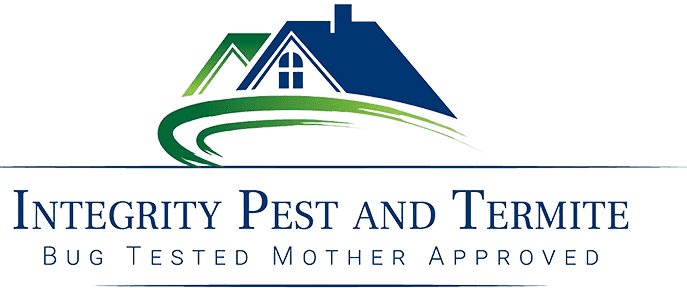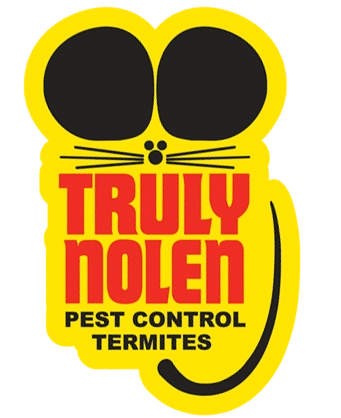How To Choose a Pest Control Company
When hiring a pest control company, you want to make sure that you find the best one to meet your needs. A company's qualifications and treatment methods are important to consider, as well as its years of experience and what other customers have said. Of course, you also want to consider cost.
Below, we discuss each of these factors in more detail.
Does the company have a valid license and permits to perform pest control?
All pesticide applicators (and those that supervise them) are required to be certified at the state level. The United States Environmental Protection Agency (EPA) sets minimum standards of competency, but any pesticide applicators working in Texas must be licensed via the necessary state regulatory agencies.
Is the company a member of any professional organizations?
Pest control companies can earn the GreenPro Service Certification, which requires a company to show that its practices are more eco-friendly and that its employees receive up-to-date training. QualityPro and similar trade organizations also offer other certifications. These are not required, but can help demonstrate that a company is reputable.
Pest control companies can also belong to certain professional organizations. Being a member of organizations such as the National Pest Management Association (NPMA) or state-level organizations is not mandatory, but helps show that a company is reputable. Membership in the NPMA gives companies access to resources, education, and a network of professionals with whom to discuss practices and methods.
Professional Experience and Specialties
Browsing a pest control company's website can tell you how long it has been in operation and what type of pests it specializes in eliminating. Local reviews can also offer some insight into a company's experience dealing with specific pests. If you're unable to find this information online, you can try contacting the company directly.
Reviews and Recommendations
You can check a company's reputation using the Better Business Bureau (BBB) and local review sites or social media. You can also check with Texas' licensing board to verify the status of a company's license.
Cost of Services and Guarantees
For many people, cost is one of the most important factors when hiring for pest control services. Cost can be affected by factors like the type of pest being treated, the size of your house, and your location.
You can think about whether a company offers free on-site estimates (to determine if it fits in your budget), and what sort of guarantees are provided. Often, a company will guarantee that if your pest problem isn't fixed by its treatment, it will continue to treat until it is.
Safety and Treatment Methods
Your choice of pest control company might be affected by how eco-friendly a provider's pest control servicesare, in addition to how safe its methods are around your family and pets.
Safety
Your pest control provider should use low toxicity or non-toxic pesticides when possible. If they plan to use pesticides that don't fit into one of these categories, your technician should explain what safety precautions they plan to use to protect your family, your pets, and you. Any pesticides that pose more than a minimum risk are required to be registered with the EPA.
Treatment Methods
Many companies are using options for more environmentally friendly solutions before relying on harsh pesticides.
One popular way of making pest control safer and greener is Integrated Pest Management (IPM). The steps of IPM are as follows:
- Figure out what pests are causing the problem and assess whether immediate action is needed.
- Determine the best and safest course of action.
- Use a combination of mechanical, cultural, biological, and physical controls to manage the pest problem.
- Employ chemical controls only when absolutely necessary, and always with other techniques for effective long-term pest management.
- Assess the outcome and implement additional pest control as needed.
















